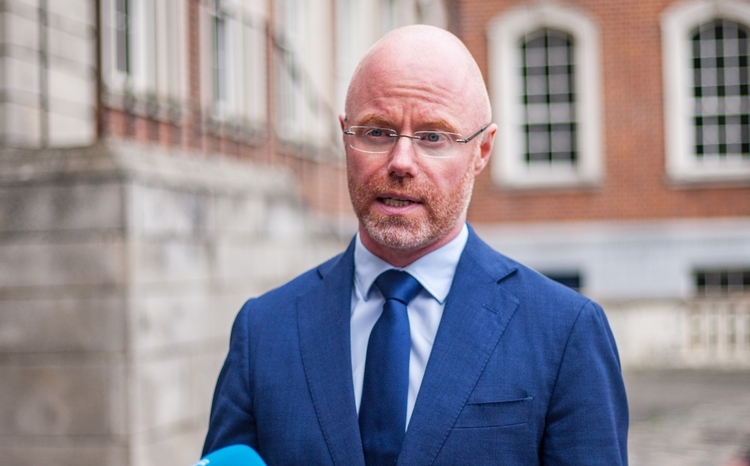Ireland plans big e-health investment
- 6 January 2014

Ireland is planning to massively increase the amount of money that it spends on healthcare IT as part of a strategy to transform its health services and boost its economy over the next seven years.
An ‘eHealth Strategy for Ireland’, published in December, says national healthcare ICT spending will be “re-aligned” so that it reaches the “EU average of between 2-3%” from the current 0.85%.
The strategy and spending will be overseen by a new body, ‘eHealth Ireland’, which will be headed by a chief information officer to be appointed through open competition.
EHealth Ireland will publish a new IT strategy for health “early” this year, but the eHealth Strategy indicates that this will build on work already underway, or announced at the launch.
It says Ireland will look to create a “standards-based, multi-layered information and technical infrastructure” as a common platform for e-health deployments.
It also says these will use a “national health identifier number for citizens, professionals and organisations”, the enabling legislation for which was published with the strategy.
In addition, it says Ireland will look to create an “’open’, authoritative and internationally linked collaborative innovation ‘ecosystem’” of the type established in Catalonia and Finland to secure innovation and capture the economic benefits of e-health; which the strategy argues could add 2%-2.9% to GDP.
Specific priority projects are likely to include e-prescribing, online referrals and scheduling, telehealth for the management of chronic conditions, patient summary care records, online access to health information, and a national patient portal.
Launching the strategy, Dr James Reilly, Ireland’s health minister, said it will “put Ireland in a position to fully exploit all of the many benefits that today’s information and communication technology has to offer in modernising the way we treat patients.
“I firmly believe that Ireland’s extensive IT and healthcare industry sectors make us very well placed to exploit e-health, not just to radically improve our own health services, but as an emerging area within the wider ICT industry that will have a significant role to play in achieving this government’s targets for jobs and economic growth,” he added.
The strategy does not put a figure on the target spending, but the annual budget of the Health Service Executive, which is responsible for both health and personal social services in Ireland, is around €13 billion; implying that it could be in the region of £250m – £400m.
EHI Intelligence calculates that the NHS spends around £1 billion a year on healthcare IT, or around 1.1% of the NHS’ approximately £110 billion budget.
For its money, the HSE hopes to secure wide-ranging reform of the health and social care system, which is facing similar challenges to the NHS in terms of coping with an increasingly elderly population, living with a growing burden of chronic disease, while adopting complex and costly medical advances.
A major re-organisation of the health and social care system and reforms of Ireland’s healthcare funding systems are already underway.
The eHealth Strategy for Ireland says e-health will be a “critical enabler” of new models of healthcare.
However, it also recognises that for this to work healthcare providers must be “willing to reorganise and redesign existing work practices” and that this involves both effective leadership and clinical champions.
It suggests that eHealth Ireland should develop outcome-based implementation plans that will cover the first four years and then the second three years of the strategy’s timescale.
Suggested outcomes include making sure that patients have the information they need to view records, maintain a health diary, and manage their interactions with the healthcare system.
The strategy hopes that care providers will be able to reduce the amount of time they spend on administration while delivering better care planning for patients and better interactions with them.
It also suggests that “cost and performance information for healthcare systems [should be] transparent and easily accessible [to support] the reform process, and that high quality data sets should be available for forecasting, budgeting, and planning new service developments.
“Overall,” it concludes, “e-health needs to be seen as an infrastructural investment in Ireland’s future, not only for the transformation of the Irish health delivery sector, but also for the economy as a whole.”




